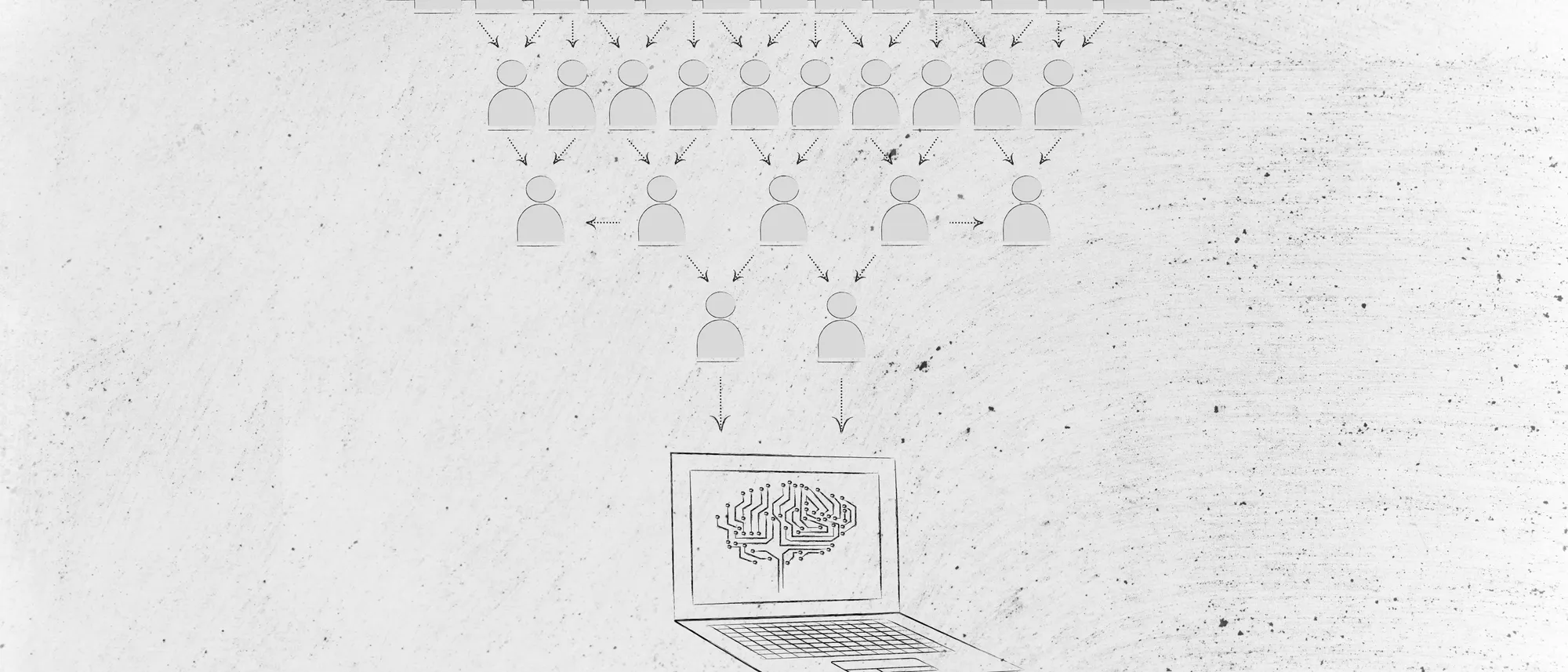Lean and Kanban: Discover the difference between Methodologies

What is Lean?
You know the famous Japanese motor corporation Toyota. Earlier in the middle of 20th century, the company was willing to improve its system of product delivery. The company’s managers took the initiative to invent a new project management system for manufacturing the products and named it as the Toyota production system.
As someone said, “Hard work never get wasted”
It pays off either today or tomorrow, and it took no time for the Toyota Production System to get global recognition and the same became popular as Lean Manufacturing. The system has been applied to software development by the organizations in the year 2003 and therefore the new project management methodology has been used as one of the parts of Agile Methodologies.
Lean Methodology:
The Lean methodology is a basic approach to understand customer value and focuses its key processes to increase it continuously as its aim to minimize the waste and maximize the flow of software product delivery. The ultimate goal of the methodology is customer satisfaction through a value creation process that has zero waste.
The main concept of Lean Methodology are;
• Eliminate waste
• Improve the flow of process
The 5 principles of Lean methodology, also known as 5s Lean Management:
• Determine the value of the product as per the customer’s expectations.
• Gain an understanding of the value stream from a customer’s point of view.
• Ensuring efficient and consistent process to increase customer value and competitive edge.
• Assure process flexibility as per the needs of the consumer/users in the rapidly changing environment.
• Achieve targets for perfection by systematically eliminating waste which causes poor quality of the product.
Once you go through The Lean Methodology, the question arises is that;
What is Kanban?
One may confuse it with Lean,
No doubts!
Kanban is derived from Japanese word determined as ‘Visual Signal’. It is also a Project Management Methodology invented by Toyota Corporation in the 1940s. Unlike Lean, Kanban is not focused towards eliminating the waste but aims at optimizing the manufacturing process by controlling the supply of raw materials. At the beginning of 21st century, the Kanban practices were applied for software development. However, now it is considered one among the Agile Methodologies.
Kanban is also known as one of the Lean tools used to reduce the idle time of the production process. The Kanban system basically focused towards ‘What’ the process needs and ‘When’ its needs arises. The concept behind Kanban is to deliver Just-In-Time goods.
The fundamental Kanban principles are as follows:
• Enhance communication and collaboration by visualizing work.
• Avoid non-prioritized ongoing tasks by regulating work-in-progress.
• Ensure seamless flow i.e., no interruptions in the process flow.
• Goal for continuous improvements by constant monitoring and analysis of the process.
Basically,
The Lean methodology is focused towards maintaining the quality of the product by avoiding waste i.e., anything which has no positive impact on the functionality of the final product is considered to be a waste under the Lean methodology.
Wherein,
Kanban teams visualize their workflows. It helps them to analyze when the limitation of work-in-progress in necessary to speed up their work to reduce the idle time to finish a project or a task.
Though the methodologies differ from each other in various ways, it can also be used together for product manufacturing process which generates high customer value.
There are institutes and online training provider for Lean and Kanban, which makes you proficient to use the methodologies and ensure a career growth in the same.What is Lean?
You know the famous Japanese motor corporation Toyota. Earlier in the middle of 20th century, the company was willing to improve its system of product delivery. The company’s managers took the initiative to invent a new project management system for manufacturing the products and named it as the Toyota production system.
As someone said, “Hard work never get wasted”
It pays off either today or tomorrow, and it took no time for the Toyota Production System to get global recognition and the same became popular as Lean Manufacturing. The system has been applied to software development by the organizations in the year 2003 and therefore the new project management methodology has been used as one of the parts of Agile Methodologies.
Lean Methodology:
The Lean methodology is a basic approach to understand customer value and focuses its key processes to increase it continuously as its aim to minimize the waste and maximize the flow of software product delivery. The ultimate goal of the methodology is customer satisfaction through a value creation process that has zero waste.
The main concept of Lean Methodology are;
• Eliminate waste
• Improve the flow of process
The 5 principles of Lean methodology, also known as 5s Lean Management:
• Determine the value of the product as per the customer’s expectations.
• Gain an understanding of the value stream from a customer’s point of view.
• Ensuring efficient and consistent process to increase customer value and competitive edge.
• Assure process flexibility as per the needs of the consumer/users in the rapidly changing environment.
• Achieve targets for perfection by systematically eliminating waste which causes poor quality of the product.
Once you go through The Lean Methodology, the question arises is that;
What is Kanban?
One may confuse it with Lean,
No doubts!
Kanban is derived from Japanese word determined as ‘Visual Signal’. It is also a Project Management Methodology invented by Toyota Corporation in the 1940s. Unlike Lean, Kanban is not focused towards eliminating the waste but aims at optimizing the manufacturing process by controlling the supply of raw materials. At the beginning of 21st century, the Kanban practices were applied for software development. However, now it is considered one among the Agile Methodologies.
Kanban is also known as one of the Lean tools used to reduce the idle time of the production process. The Kanban system basically focused towards ‘What’ the process needs and ‘When’ its needs arises. The concept behind Kanban is to deliver Just-In-Time goods.
The fundamental Kanban principles are as follows:
• Enhance communication and collaboration by visualizing work.
• Avoid non-prioritized ongoing tasks by regulating work-in-progress.
• Ensure seamless flow i.e., no interruptions in the process flow.
• Goal for continuous improvements by constant monitoring and analysis of the process.
Basically,
The Lean methodology is focused towards maintaining the quality of the product by avoiding waste i.e., anything which has no positive impact on the functionality of the final product is considered to be a waste under the Lean methodology.
Wherein,
Kanban teams visualize their workflows. It helps them to analyze when the limitation of work-in-progress in necessary to speed up their work to reduce the idle time to finish a project or a task.
Though the methodologies differ from each other in various ways, it can also be used together for product manufacturing process which generates high customer value.
There are institutes and online training provider for Lean and Kanban, which makes you proficient to use the methodologies and ensure a career growth in the same.
Stay updated
Sign up for our newsletter to receive regular updates on resources, news, and insights like this. Don’t miss out on important information that can help you stay informed and engaged.
Explore Elrha
Learn more about our mission, the organisations we support, and the resources we provide to drive research and innovation in humanitarian response.


